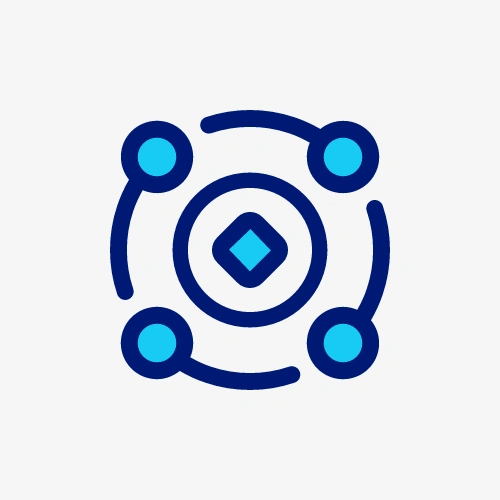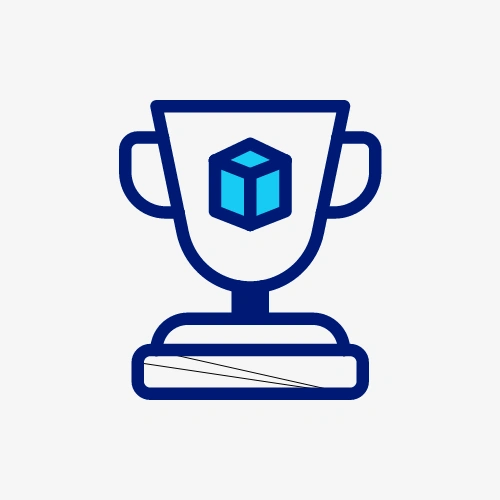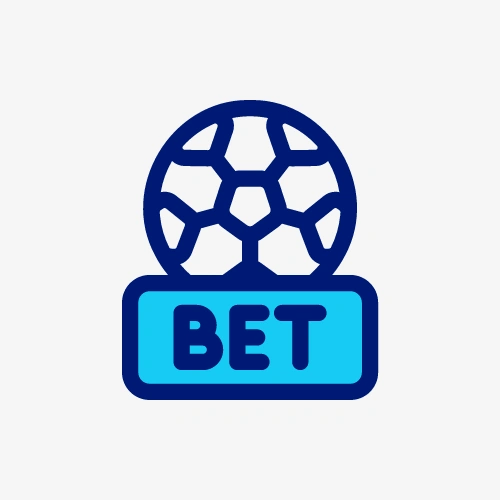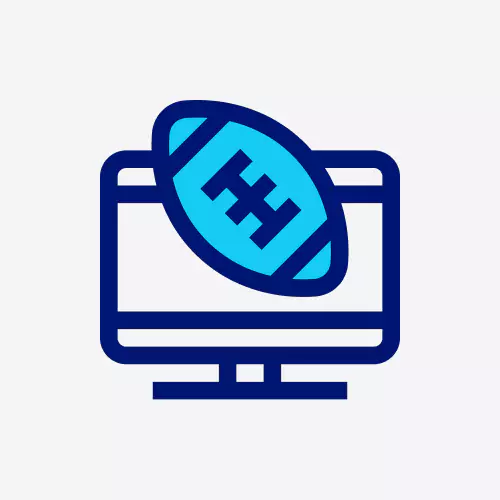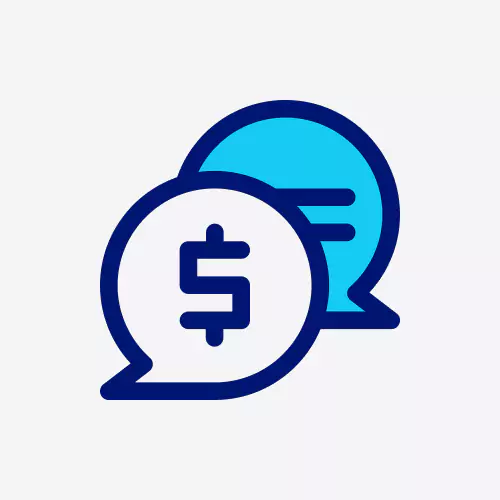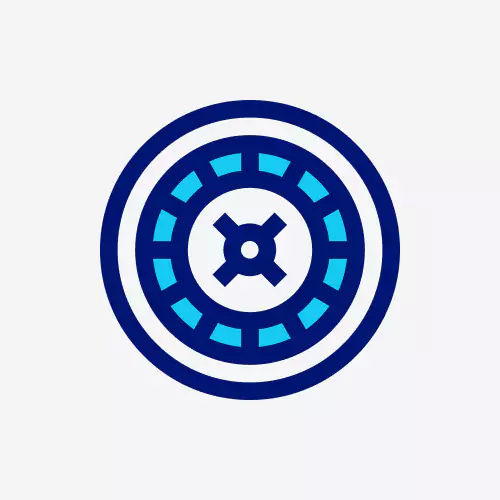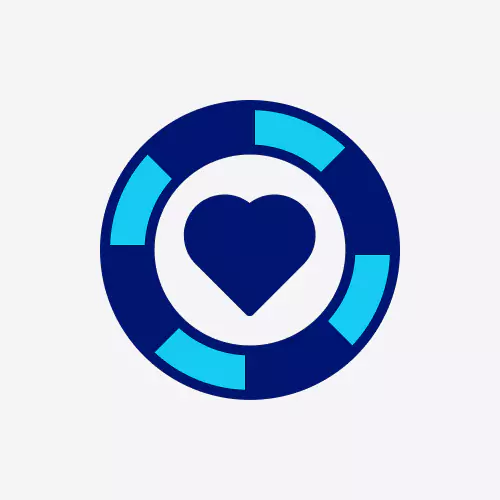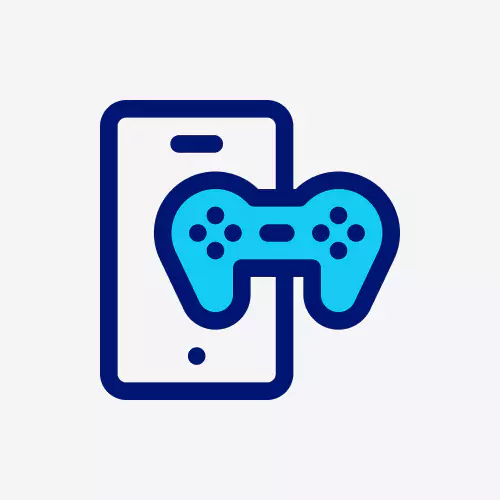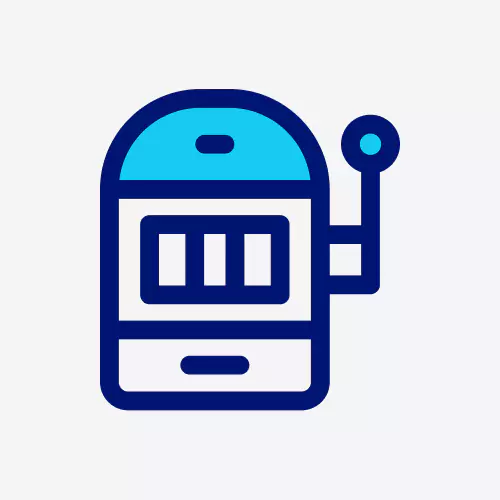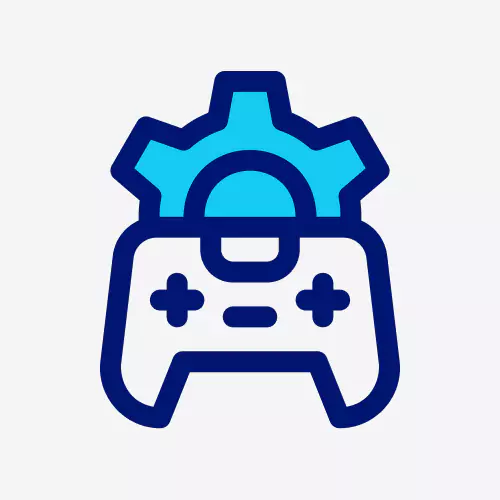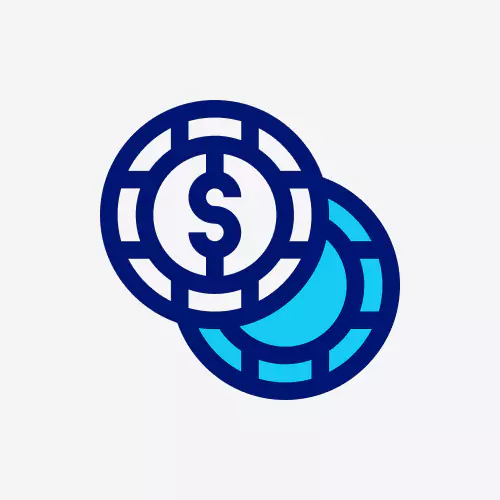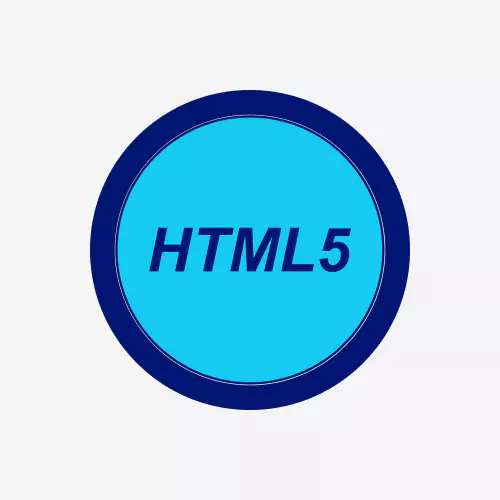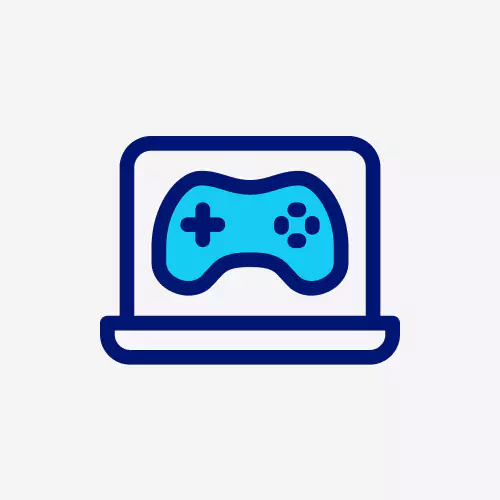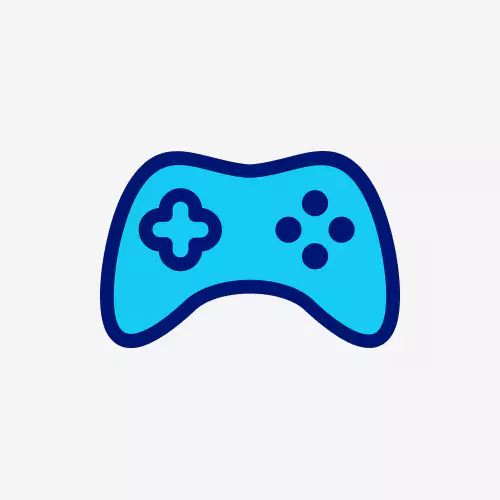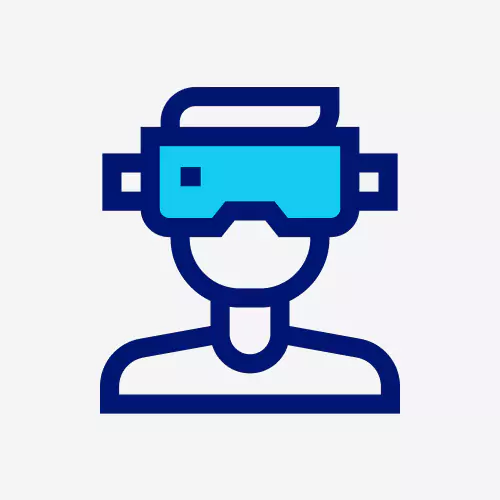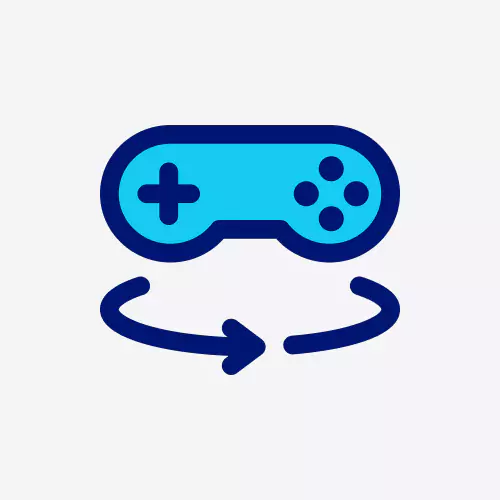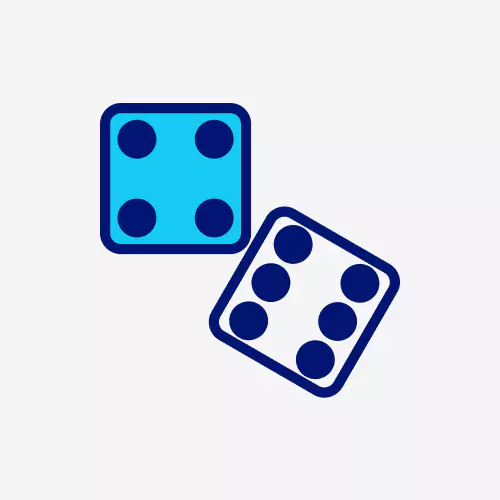Views: 7
Poker Game Tools and Simulation Software

Poker has evolved from smoky backrooms to a thriving online arena, captivating millions worldwide. With the online poker market valued at $86.2 billion in 2022 and projected to soar to $237.5 billion by 2030, the stakes have never been higher for iGaming operators. This growth is particularly notable in regions such as Latin America, Eastern Europe, and the Philippines, where increasing internet penetration and a growing interest in online gaming are driving significant market expansion.
Players today seek intelligent AI opponents, real-time analytics, and immersive training tools that replicate the thrill of live games. Integrating advanced poker tools and simulation software into your platform is becoming a necessity. By offering features like Game Theory Optimal (GTO) solvers, real-time data displays, and sophisticated AI-driven simulations, you can transform your poker offerings into engaging, fair, and dynamic experiences that keep players returning for more.
In this blog, we’ll explore the essential poker tools and software that can elevate your platform, ensuring you meet the evolving expectations of today’s discerning poker enthusiasts.
1. Game Theory Optimal (GTO) Solvers for Strategic Gameplay
GTO solvers help players make mathematically optimal decisions in poker. These tools are crucial in modern poker because they create strategies that are difficult to exploit. By integrating GTO-based decision-making into your platform, you can offer players a fair yet challenging experience.
For iGaming operators, GTO solvers can power AI opponents, making them more strategic and unpredictable. Players can also use GTO-based training tools to refine their skills. One of the most popular solutions is GTO Wizard. It provides pre-solved scenarios that show the best plays in different poker situations. By incorporating similar solvers into your platform, you can appeal to both casual players and serious poker enthusiasts.
In Eastern Europe, where online poker participation continues to grow, GTO solvers can attract a dedicated player base seeking to enhance their strategic gameplay. The region’s gambling market is expected to reach a volume of $10.55 billion by 2025, reflecting a strong interest in casino games, including poker.
Next, let’s talk about training and analysis software, another tool that keeps players engaged and helps them improve their skills.
2. Training & Analysis Software for Player Engagement
Poker players are always looking for ways to improve, and training software keeps them coming back. Many platforms now integrate training and analysis tools to help players refine their strategies.
For example, the WPT GTO Trainer allows players to test different poker scenarios and learn optimal plays. If you add similar features to your platform, players will have a reason to stay longer.
These tools not only make the game more engaging but also increase player retention. Some operators even provide in-game coaching, offering real-time feedback on player decisions.
In Latin America, where the online poker market is rapidly growing, integrating training tools can help new players familiarize themselves with the game, fostering a loyal user base. For instance, countries like Brazil, Colombia, Mexico, and Argentina are experiencing the fastest growth in the online poker industry within the region.
3. Real-Time Data & Heads-Up Displays (HUDs)
A HUD (Heads-Up Display) tracks an opponent’s tendencies and betting patterns, helping players make better decisions. In live poker, players rely on reading their opponents, but in online poker, HUDs provide similar insights with data.
HUDs display real-time statistics, such as how often an opponent folds, raises, or bluffs. Professional players depend on this data, so offering built-in HUD-like features can give your platform an edge.
However, fair play is important; some operators create restricted HUD versions to prevent data abuse while still helping players analyze their gameplay. In the Philippines, where the gaming industry has demonstrated remarkable resilience and growth,implementing HUD features can cater to a market that values advanced gaming tools. The country’s Gross Gaming Revenue (GGR) increased by 25% to Php410 billion in 2024, driven by electronic gaming and integrated resorts.
Beyond real-time data, AI-powered poker simulations can make games even more advanced.
4. Advanced Simulation Systems for AI & Custom Game Variants
Poker simulations allow you to create more realistic AI opponents and test custom game variants before launching them. If you want to offer unique poker formats, simulation software can help you refine the rules and balance gameplay.
One such tool, PokerKit, is a flexible simulation system that supports multiple poker variants. Using a similar system, you can test game scenarios, adjust AI difficulty, and ensure fair play before releasing new game modes to players.
But the real game-changer in poker is AI-powered decision-making.
5. AI & Machine Learning: The Future of Poker Gaming
AI-driven poker bots have evolved far beyond their early, predictable strategies. Today, advanced machine learning models analyze millions of hands to develop sophisticated decision-making abilities, often surpassing even professional human players.
Developed by researchers at the University of Alberta, one groundbreaking example is DeepStack. It is the first AI system to beat professional poker players in heads-up no-limit Texas hold ’em. In a study involving 44,000 hands, DeepStack achieved an average win rate of more than 450 milli-big blinds per game (mbb/g). For context, a win rate of 50 mbb/g is considered a sizable margin by professional players.
Another notable AI, Pluribus, created by Facebook AI in collaboration with Carnegie Mellon University, made significant strides in multiplayer poker. It outperformed elite human professionals in six-player no-limit Texas hold’em, achieving an average win rate of 48 mbb/g. This performance indicates a decisive margin of victory over human opponents.
For iGaming operators, AI can revolutionize poker gaming by:
- Powering realistic and challenging AI opponents that adapt to player tendencies.
- Providing real-time strategy assistance to new and experienced players alike.
- Ensuring fair play and fraud detection by analyzing gameplay for suspicious patterns.
- Enhancing player engagement with dynamic, AI-driven training modules.
However, ethical considerations remain crucial. While AI can enhance gameplay, operators must strike a balance to maintain fair competition. AI should challenge players, not replace human interaction entirely.
Now that you know about these advanced tools, let’s talk about how you can implement them into your poker platform.
How iGaming Operators Can Leverage These Tools?
To stay ahead in the competitive iGaming industry, you need to make the most of the best tools available. By offering poker software that enhances gameplay and helps players improve, you can attract new users and keep current players engaged. Here’s how you can put these tools to use:.
- Use GTO solvers to power AI opponents and offer in-game coaching.
- Integrate training software to help players improve and stay engaged.
- Offer HUD-like features with fair play policies.
- Leverage simulation software to test new game variants before launch.
- Use AI strategically to create challenging but fair poker opponents.
Summing Up
The future of online poker is smarter, more competitive, and more engaging. By adopting these technologies, you can offer a superior poker experience and keep your players coming back for more.
Success in iGaming comes down to innovation. Don’t get left behind. Utilize the latest poker tools and create an experience that keeps players coming back.
Looking to build a next-level poker platform? Source Code Lab specializes in developing feature-rich iGaming solutions, including turnkey platforms, white-label solutions, and custom poker software. Get in touch today and bring your poker vision to life!

